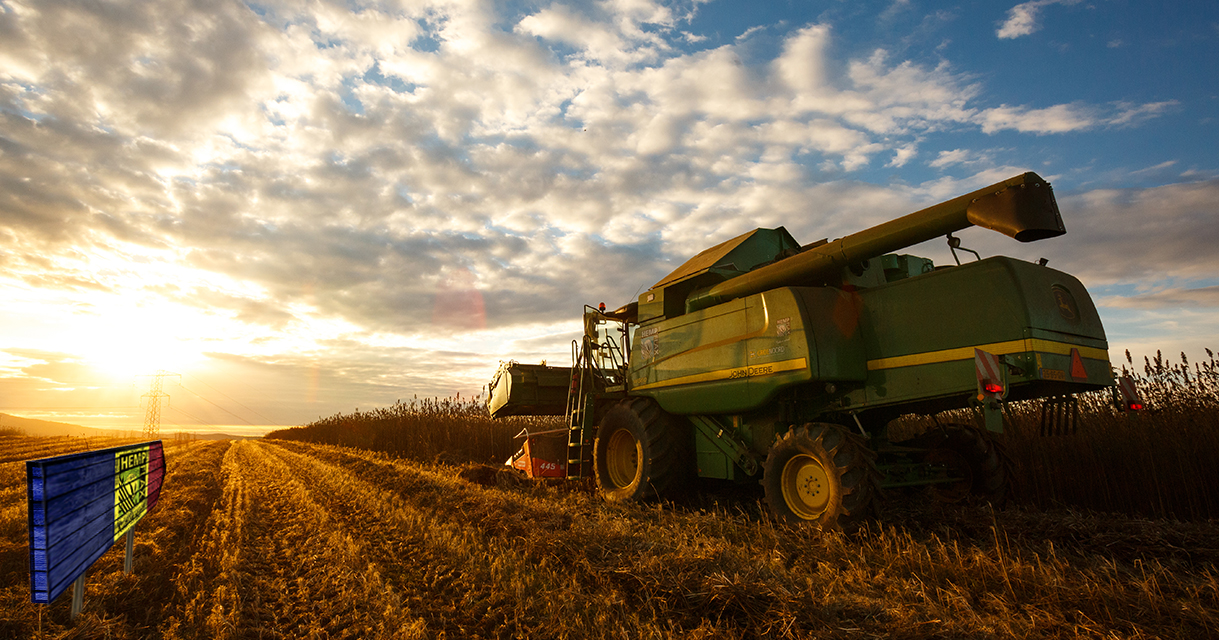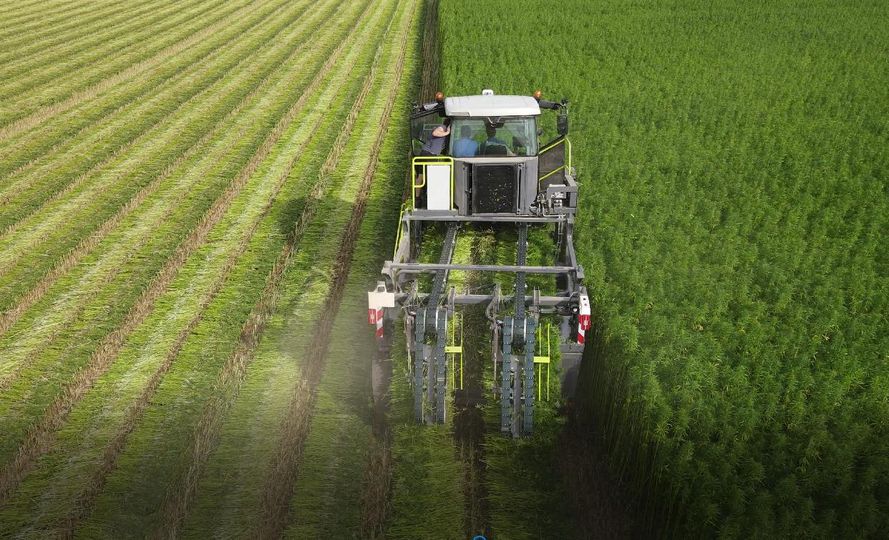
Hemp, a plant with a rich history and diverse applications, is experiencing a remarkable resurgence in the 21st century.1 Driven by a renewed focus on sustainability, innovation, and wellness, the hemp industry is undergoing significant growth, professionalization, diversification, and specialization. This article explores the key factors contributing to this transformation, highlighting the plant’s multifaceted benefits and its potential to revolutionize various sectors.
Growth and Professionalization:

The global hemp market has witnessed exponential growth in recent years, fueled by increasing legalization, rising consumer demand, and technological advancements.2 This expansion has led to the professionalization of the industry, with established agricultural practices, standardized processing techniques, and robust quality control measures being implemented. Investments in research and development, coupled with the emergence of specialized hemp cultivation and processing companies, have further solidified the industry’s foundation.
Diversification and Specialization:

One of the most remarkable aspects of the hemp industry’s resurgence is the diversification of its applications. Beyond its traditional uses in textiles and ropes, hemp is now being utilized in a wide range of industries, including:
- Food and Beverage: Hemp seeds and hemp-derived products are gaining popularity due to their nutritional profile, rich in protein, omega-3 fatty acids, and essential minerals.3 Hemp-based foods and beverages, such as hemp milk, protein powder, and snacks, are increasingly finding their way into mainstream markets.4
- Health and Wellness: Cannabidiol (CBD), a non-psychoactive compound found in hemp, has gained significant attention for its potential therapeutic benefits.5 The growing demand for CBD products, including oils, tinctures, and topicals, has created a thriving market within the hemp industry.6
- Construction and Materials: Hempcrete, a bio-composite material made from hemp hurds and lime, is gaining traction as a sustainable and eco-friendly alternative to traditional building materials.7 Hemp fibers are also being used in the production of insulation, particleboard, and other construction products.8
- Automotive and Industrial: Hemp fibers are finding applications in the automotive industry as a lightweight and sustainable alternative to fiberglass and other materials.9 Hemp-based bioplastics are also being developed for use in various industrial applications.10
This diversification has led to specialization within the hemp industry, with companies focusing on specific areas such as hemp cultivation, processing, product development, and distribution. This specialization has further contributed to the industry’s growth and efficiency.
Hemp as a Versatile Filter Membrane:

In addition to its diverse applications, hemp is also proving to be a valuable resource for improving the quality of other products and processes. Hemp fibers possess unique properties that make them suitable for use as filter membranes in various applications, including:
- Air Filtration: Hemp-based air filters can effectively remove pollutants, dust, and allergens from the air, contributing to improved indoor air quality.
- Water Filtration: Hemp filters can be used to purify water, removing impurities and contaminants, making it a sustainable solution for water treatment.11
- Industrial Filtration: Hemp membranes can be utilized in industrial processes to filter liquids and gases, improving efficiency and reducing waste.12
The use of hemp as a filter membrane not only enhances the quality of other products but also promotes sustainability by utilizing a renewable resource and reducing reliance on synthetic filters.
Conclusion:
The hemp industry is undergoing a remarkable transformation, driven by growth, professionalization, diversification, and specialization. With its wide range of applications and potential to improve the quality of other products, hemp is poised to play a significant role in various sectors.3 As research and development continue to unlock the full potential of this versatile plant, the hemp industry is expected to witness further growth and innovation in the years to come.
Sources and related content:






